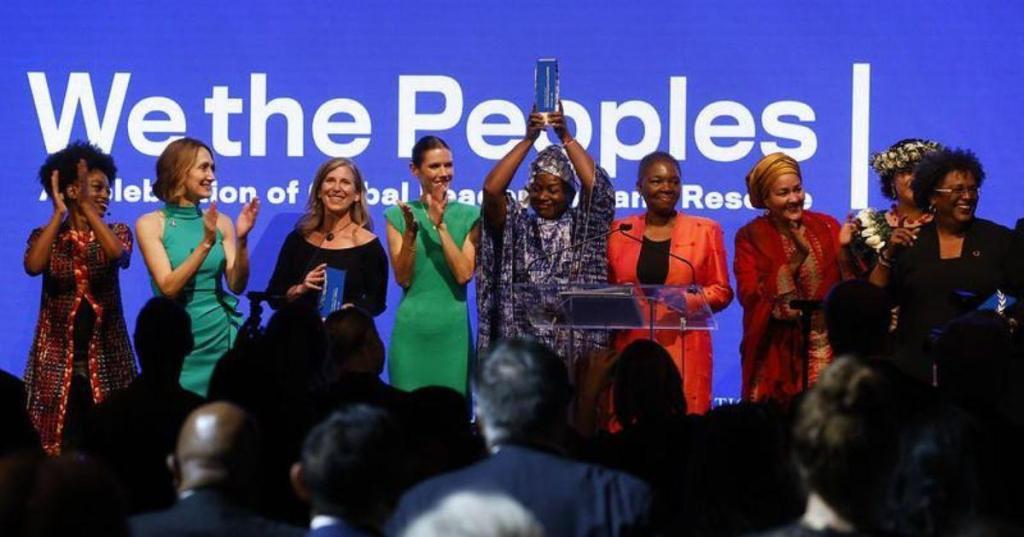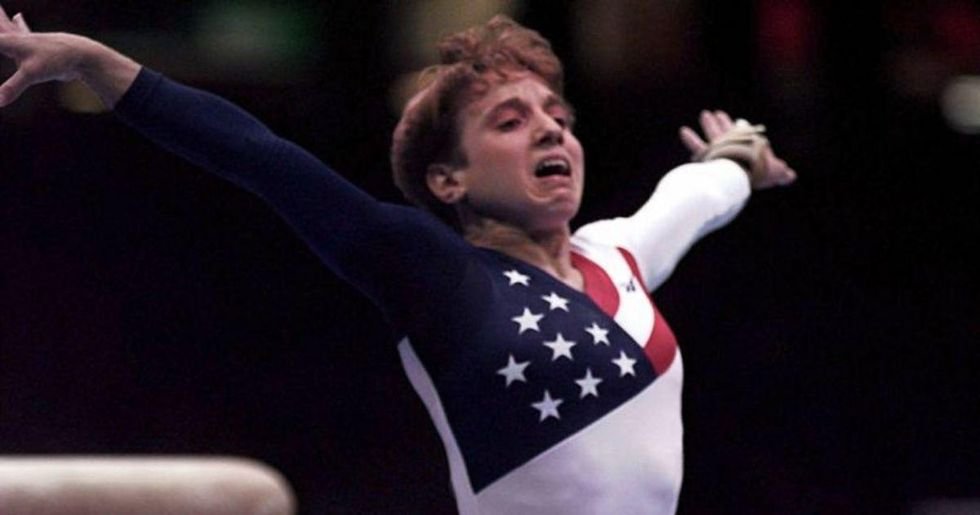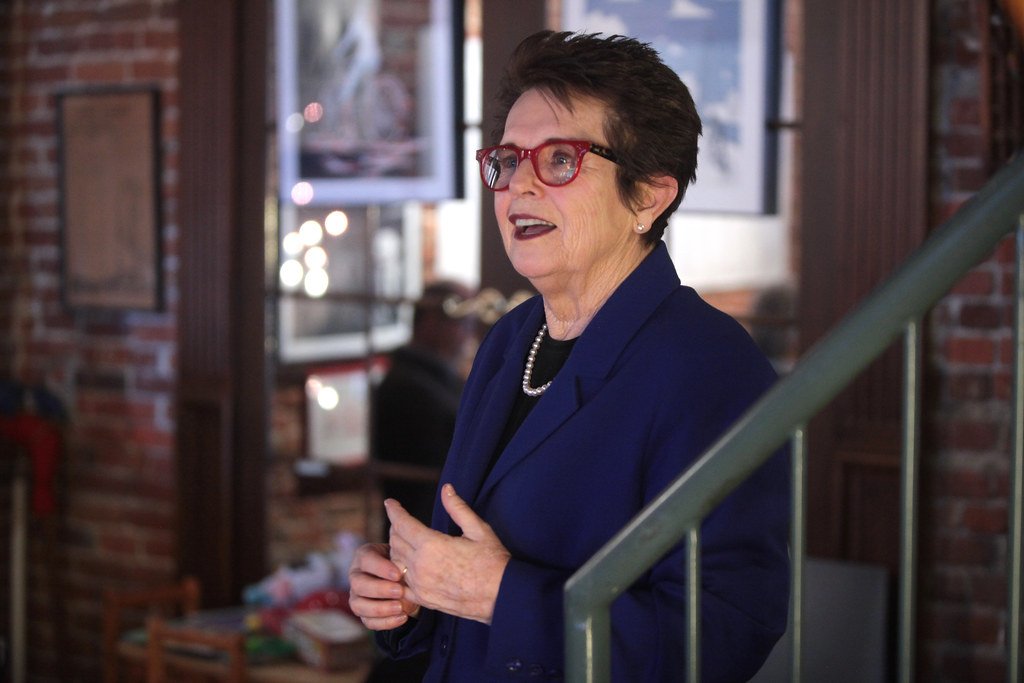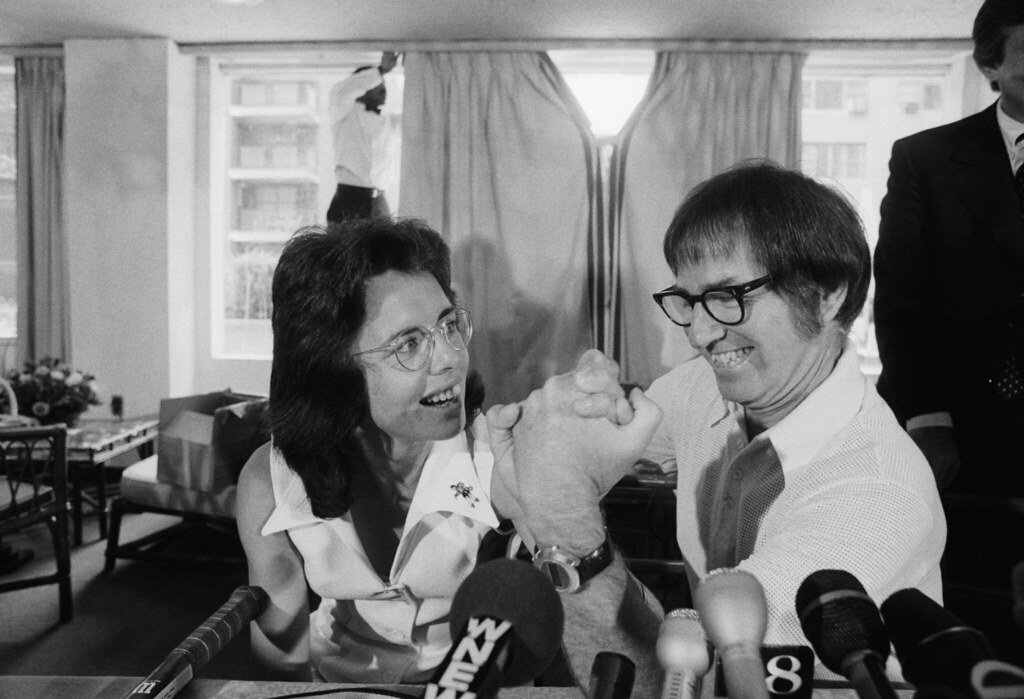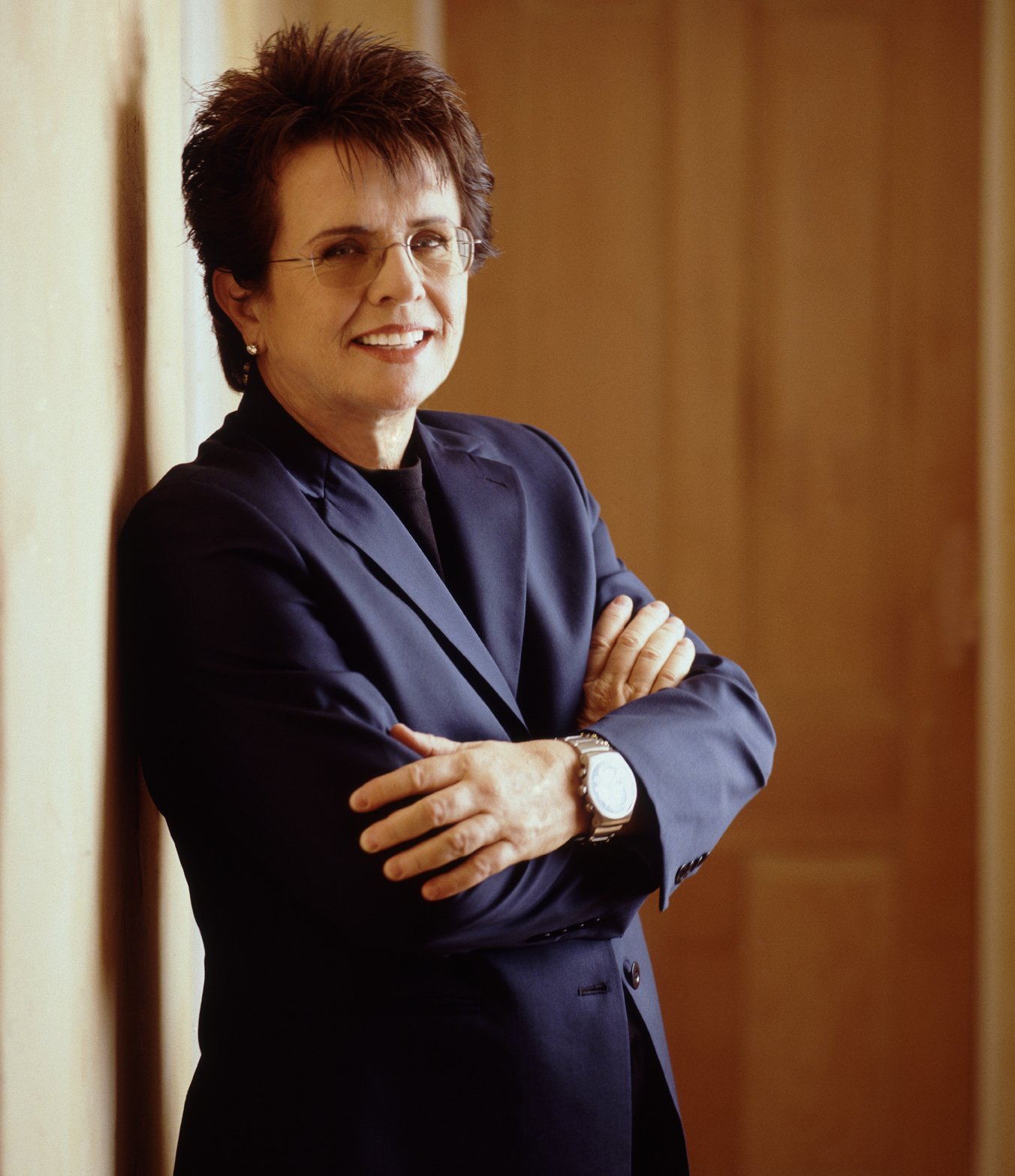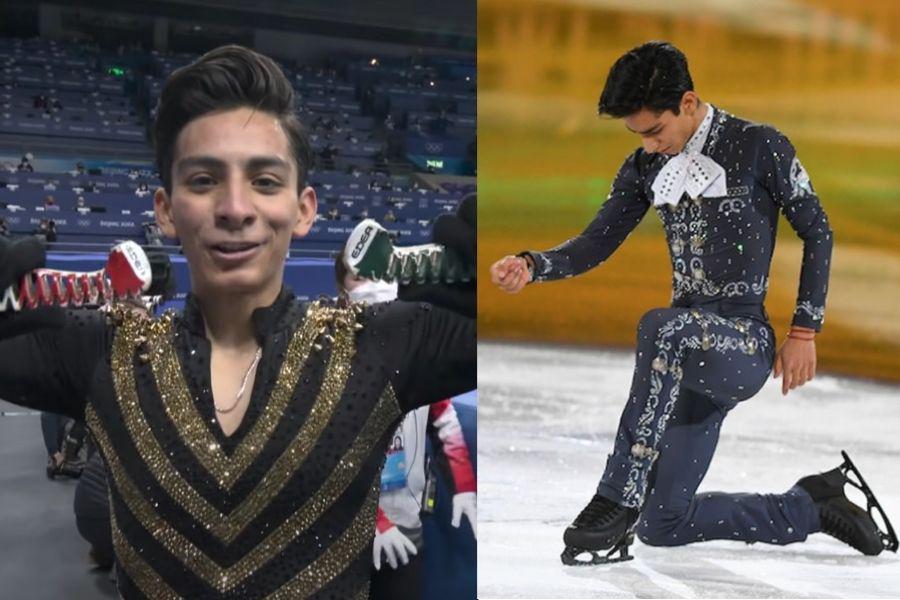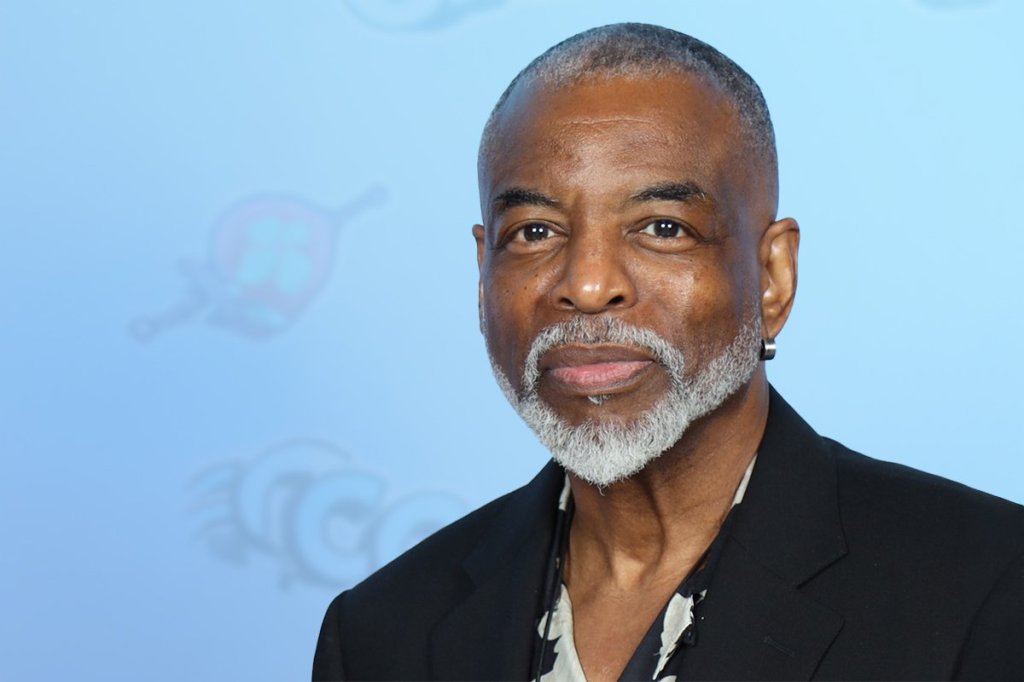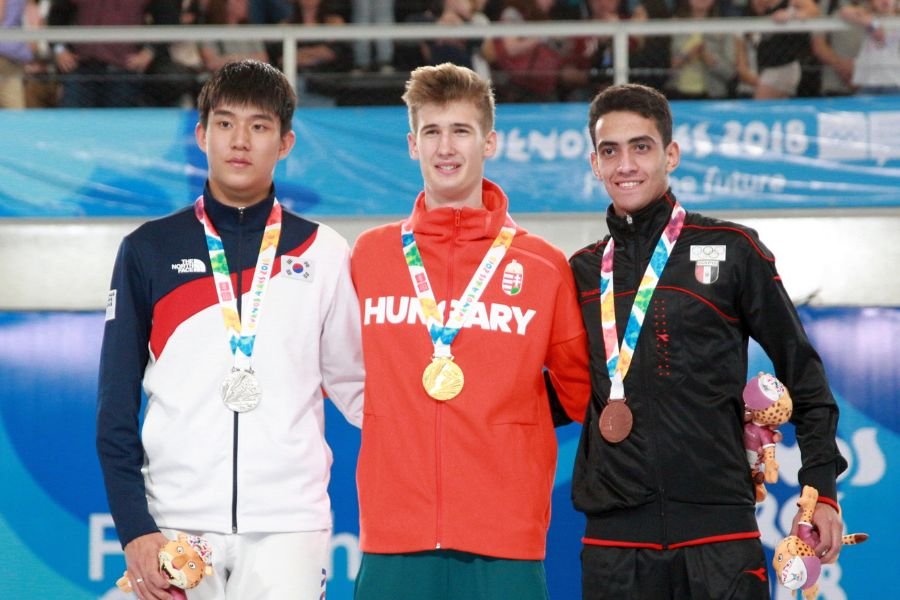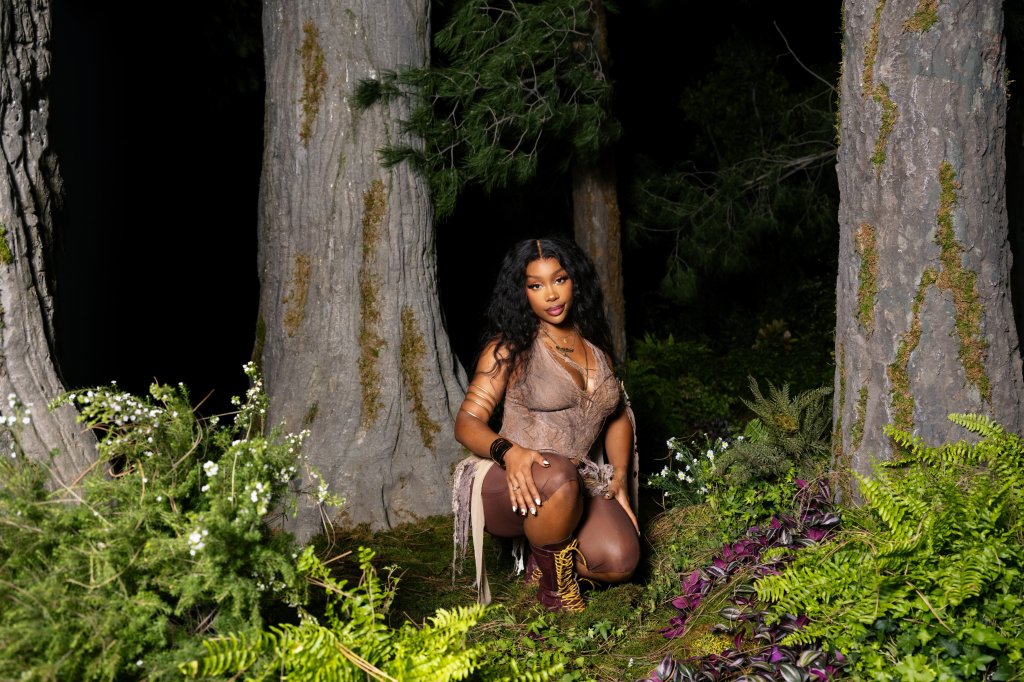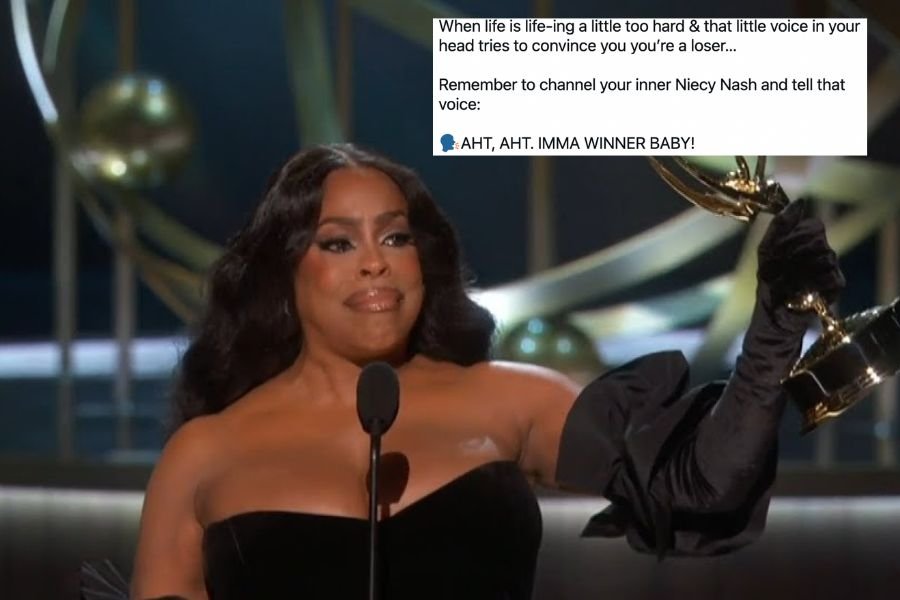Some people say that while change is inevitable, progress is a choice. In other words, it’s a purposeful act—like when American media mogul and philanthropist Ted Turner established the United Nations Foundation 25 years ago.
Turner recognized that the United Nations is indispensable to tackling humanity’s greatest challenges and driving global progress, and he also knew that solving complex, worldwide problems require a blend of diverse solutions and partners. He’s a pretty smart guy.
As a strategic partner of the United Nations, the UN Foundation seeks to solve the world’s biggest challenges by bringing together different perspectives, fresh thinking, and innovative ideas. Think of it as a massive table, where the best and the brightest from all over the world are invited to bring new and creative ideas to solve complex problems affecting humanity. That’s the UN Foundation, and it’s awesome.

Every year, the organization recognizes extraordinary individuals and institutions whose work stands out as an embodiment of their guiding principles: to create a safer, healthier, and fairer world for all. This year’s annual Global Leadership Awards were presented at We the Peoples in New York City’s Gotham Hall, where five recipients were honored for their tireless work to push progress forward.
Here are the change-makers who accepted the awards, which celebrate the very best of humanity.
Mia Amor Mottley, 2022 Champion for Global Change award. Not only is she the first female to hold the position of Prime Minister of Barbados, she exhibits top-notch leadership in her fight for global change. She is known for fearlessly urging the leaders of larger, richer, and more powerful countries to recognize their contributions to climate change and their responsibility to help combat its disastrous effects—especially in smaller island nations. (She also encourages leaders to have “mature conversations” with their constituents, something we can all agree is woefully lacking across the board!)

Prime Minister Mottley takes stewardship of the environment very seriously. The island of Barbados is on the frontline of climate change impacts, which manifest in everything from more devastating hurricanes, to coastal erosion, and are getting worse from year to year. Not only that, she’s tackling social justice reform, lack of education access, and political corruption, one step at a time. “There are so many who are voiceless and so many who are incapable of action, but if those of us who have the capacity can make that difference in their lives, then the world would be a better place,” said Prime Minister Mottley. Seriously.
Forest Whitaker, SDG Vanguard Award: While Whitaker is best known for his acting roles, he is also Founder & CEO of Whitaker Peace & Development Initiative, a project aiming to promote the values of peace within communities all over the world that are impacted by conflict and violence. His work has touched the lives of approximately 1.3 million children—including former child soldiers—helping them cope with trauma and learn to thrive in their communities. The goal is to move people from chaos to hope and engagement by educating, training, and restoring peace.

Whitaker staunchly values the potential of youth, insisting they deserve a seat at the table. He believes that in order to attain peace and prosperity, communities and nations must heed the voices of their young people; keeping them engaged is what preserves our future. “We must realize that whatever challenge we are faced with, young people can and should be part of the solution – both for today and tomorrow,” he said.
Whitaker walks the walk— and it showed when the spotlight was put on Khadija Mayman, Youth Peacemaker for the Whitaker Peace & Development Initiative, who accepted the award on his behalf. What better way to change the world, than to start by healing our children and letting them lead?
Mia Kami, SDG Vanguard Award: Kami is a Tongan singer/songwriter. She is passionate about gender equality, indigenous rights, and climate action, reminding us that storytelling has the power to fuel political and environmental change. She channels her passions into songwriting and uses her music to inspire hope and healing.
In 2022, a devastating volcanic eruption created a massive humanitarian crisis in her home country of Tonga. The volcano generated a plume of ash that rose more than 12 miles above sea level; the next day, there was a larger, more violent eruption that created an ash plume 375 miles in diameter. This second explosive eruption produced a tsunami that affected the entire Pacific Ocean, and atmospheric pressure waves that circled Earth several times. After the eruption, satellite images show that 90% of the island is no longer visible. Kami drew attention to the crisis through song. In one of her most popular works, Rooted, she sings:
There is hope
There is strength
There is power
There is change
In you and I

Kami’s ability to bridge art and action to protect the world’s oceans draws attention to issues that might otherwise go unnoticed, marking her as an extraordinary, creative change-maker.
The United Nations Population Fund (UNFPA), presented with the 2022 UN Heroes Award: Dr. Natalia Kanem, United Nations Under-Secretary-General and Executive Director of UNFPA, accepted the Award on behalf of the organization.

Founded in 1969 by concerned American citizens, this institution is the lead United Nations sexual and reproductive health and rights agency. They are there for mothers, pregnant women, and girls around the world, no matter what, and their work encompasses everything from educating women on family planning to working to end child marriage and gender-based violence—especially in times of war.
UNFPA delivers lifesaving care in places in crises so that girls and women can manage their periods, have healthy pregnancies, and deliver their babies safely. They recognize that when individuals are deprived of the right to make crucial choices about their own bodies and futures, it has a cascading impact on their families’ welfare and future generations.
Unsurprisingly, courage is one of their four core values; they pride themselves on saying and doing what’s right, not what’s easy, all the time. That is a purposeful act of progress for certain.
Peace on Purpose/lululemon. This year, the inaugural Goal 17 Innovation in Partnership Award was presented to recognize creative, cross-sector partnerships that are driving progress forward. Most of us associate the brand name lululemon with leggings, but it turns out that they do much more than sell athletic wear. Peace on Purpose is a collaborative effort between lululemon and the UN Foundation to provide tools, such as mindfulness training, for humanitarian workers to care for their mental and physical well-being so they can effectively care for others. Support people need support people, after all!

The award was accepted by two of lululemon’s leaders: Esther Speck, Senior Vice President of Sustainable Business & Impact, and Nikki Neuburger, Chief Brand Officer. Speck is widely respected among her colleagues as one of the most result-oriented professionals in sustainability. She managed to bridge lululemon and the UN Foundation seamlessly by recognizing that lululemon focuses on offering their customers a path to wellbeing, which entails supporting humanitarian and sustainable causes.

Neuburger is responsible for lululemon’s ability to share compelling stories from their team of 2,000 global ambassadors. “We really lean into highlighting those ambassadors,” said Neuburger in an interview with Ad Age, “lifting them up not only in terms of what they are doing with us, but also what they’ve got going on in their own communities.”
The results are undeniable: over 8,000 UN workers from 137 countries have been reached through in-person and digital mental health and well-being programs! Research shows that the Peace on Purpose initiative has so far led to a 40% reduction of important psychological risk factors such as anxiety and depression, and an increase in overall well-being and resilience.
It’s a dynamic table of visionaries, that’s for sure—and the world is better because of them. As Elizabeth Cousens, President and CEO of the UN Foundation stated at the ceremony, “A few years ago, Ted [Turner] said: ‘The world is facing some tough obstacles, but I’ve never found much use in giving up. It’s much more effective to get to work.’ Well, at the UN Foundation, we believe in getting to work. We believe that allies and partners make us stronger. We believe that progress is worth fighting for, and we know you do too.”
If pushing progress forward is a choice, then these change-makers make the right one, every single day. Learn more about these change-makers and the work they are doing here.

